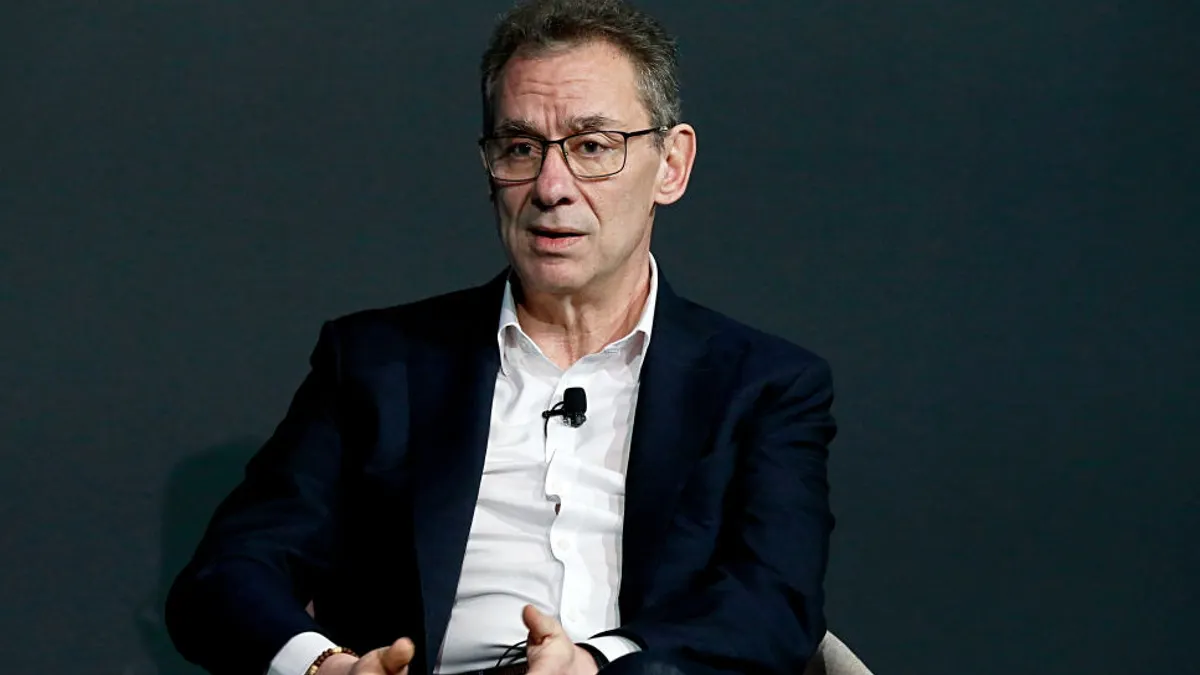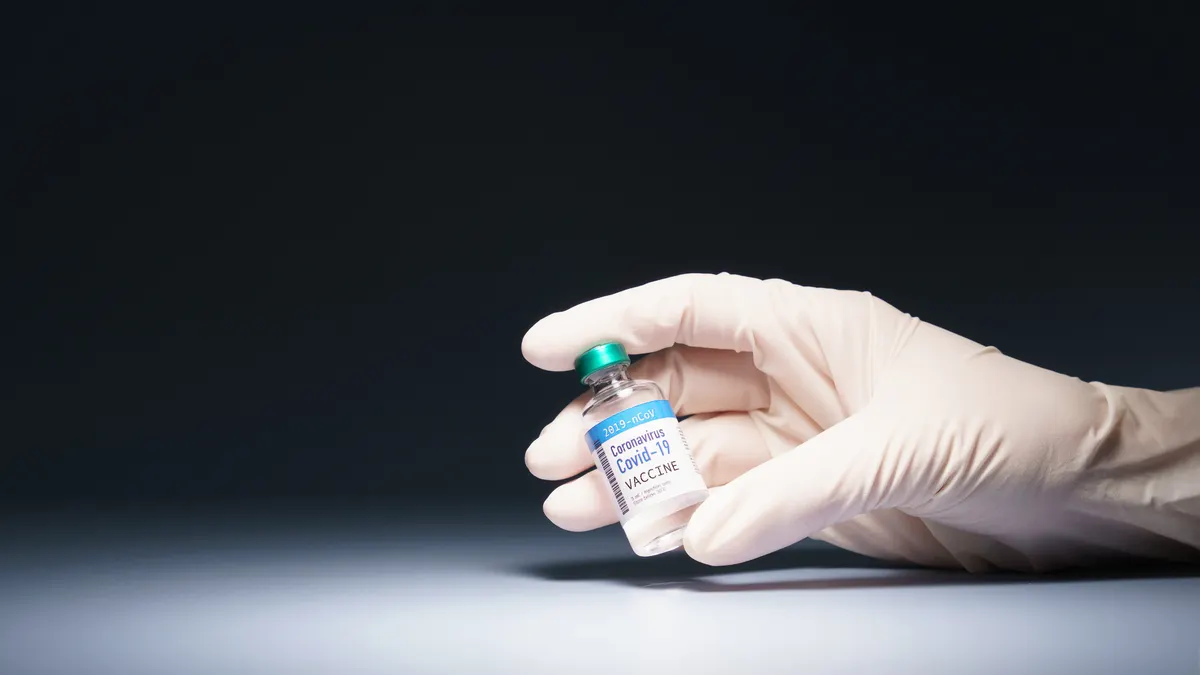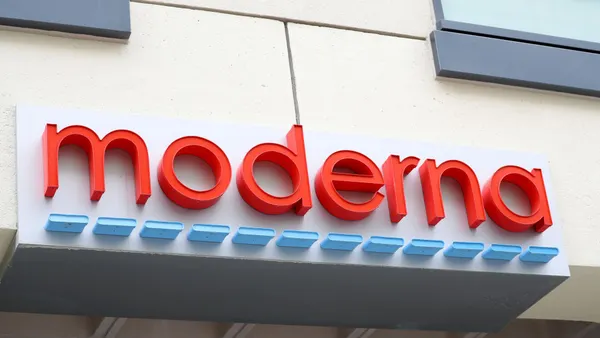Pfizer wants in on the obesity market, and the pharma giant is willing to put up a pretty penny to make it happen.
The drugmaker announced this week it’s acquiring weight loss biotech Metsera for a deal worth $4.9 billion up front and up to $7.3 billion down the road. Whether the purchase is enough to propel Pfizer to the major leagues alongside GLP-1 behemoths Eli Lilly and Novo Nordisk remains to be seen. But Metsera’s lead drug candidate could give Pfizer an edge in getting there, offering a monthly shot as opposed to weekly dosing available with current GLP-1s.
Pfizer could use a break in the weight loss space following a late-stage clinical program scrapped this year — the second such candidate the company had been forced to cut. The GLP-1 receptor pill danuglipron was pulled due to side effects.
But Pfizer execs are bullish on the company’s future in the weight loss arena, with chief strategy and innovation officer Dr. Andrew Baum saying on a conference call this week that the Metsera buy gives Pfizer a “path to leadership.”
The pharma giant’s chief scientific officer and R&D president, Dr. Chris Boshoff, said on the call that Metsera’s portfolio “has the potential to be a key growth driver for Pfizer in the late 2020s and beyond.”
A major pillar
On a second-quarter earnings call in August, Pfizer CEO Albert Bourla laid out the company’s four major pillars: oncology, vaccines, immunology and inflammation, and now cardiometabolic and obesity.
Bourla had no qualms about why Pfizer was getting into the weight loss game: “We have interest in this area because this is an area that is very big,” he said.
At the time, Bourla was also clear that Pfizer was seeking an acquisition in the space. In fact, Baum had just returned from a business development trip to China to scope the area for companies that could be a match. While China’s obesity biotechs are making quick progress, Pfizer ultimately settled on an American drugmaker with Metsera.
Pfizer has been careful with its cash flow following its COVID 19-related boom and bust, and the Metsera deal is the first acquisition for the company since it dropped $43 billion to buy cancer drugmaker Seagen in 2023.
After the wild success of its COVID-19 vaccine, Pfizer has since been on the up and up. Second-quarter revenue reached $14.7 billion for 10% operational growth year over year.
On the earnings call, Pfizer CFO David Denton said that business development efforts would stay exclusively within those four pillars.
Metsera’s lineup
For the last few years, Metsera has been viewed as one of the promising newcomers in the weight loss field. And the company is bringing a robust pipeline to the pharma giant.
Its most advanced candidate is a long-acting injectable GLP-1 called MET-097i that showed in results revealed last September a 7.5% reduction in body weight after 37 days. Patients’ weight loss continued for at least eight weeks after the final dose of the trial.
And the company’s development efforts go beyond GLP-1s. In early stages, Metsera has an amylin analog called MET-233i, which is designed to mimic a natural hormone that regulates food intake and glucose levels.
The drugmaker is also studying the combination of MET-233i with the GLP-1 MET-097i, as well as oral versions of the combo and GLP-1 alone.
The monthly injectable drugs could shake up the weight loss market, and results from the ongoing phase 2 trial of MET-097i expected this year will reveal more about how the candidate could compete with leading GLP-1s on the market.











